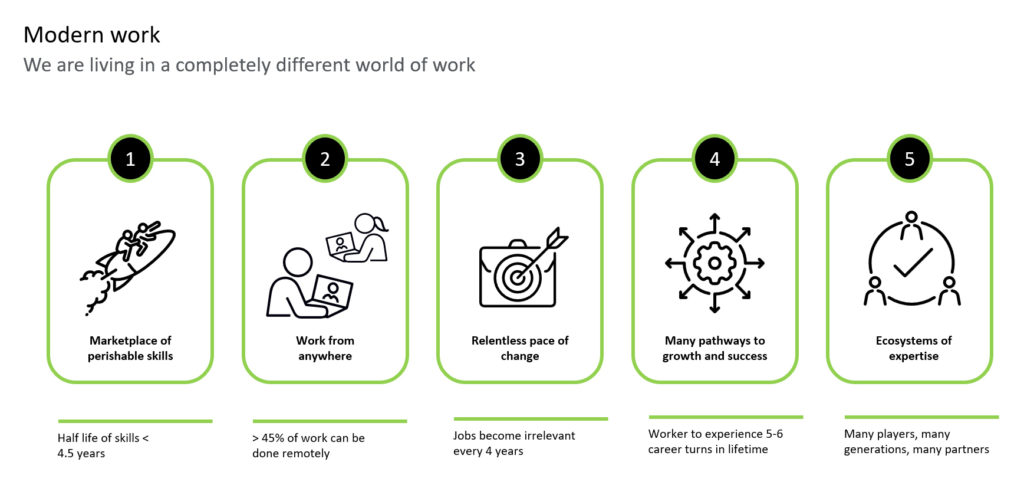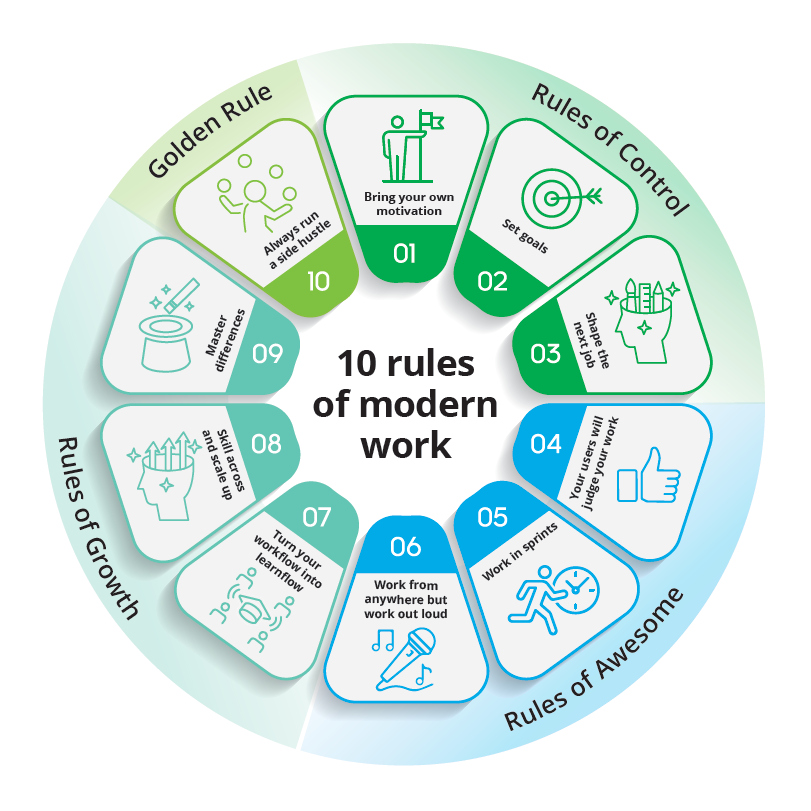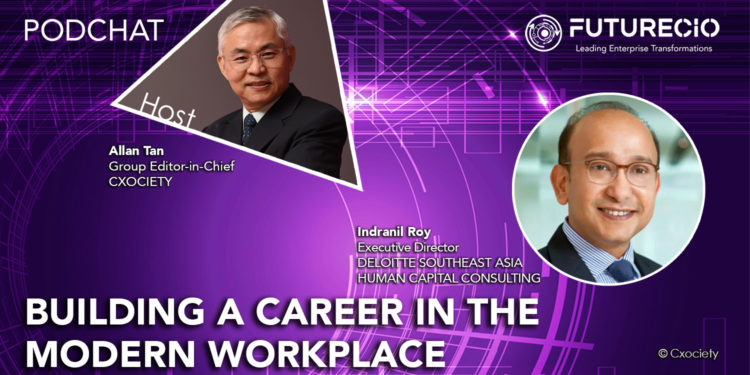Decades ago, while working for a Japanese company, I read about the idea of lifetime employment. At the time I was aware of career professionals in tech companies. For instance, I would meet with career IBMers – professionals who have worked for only one company, IBM, for the majority of their careers.
In the case of Japan, lifetime employment was the practice of hiring workers directly out of school and retraining them until the mandatory retirement age. The idea was that it is far easier to train current employees on new skills, new ways of working, etc.
These days, of course, one’s career prospects are influenced by many factors most important by the value one contributes to his job, his team, and the company. Lifetime employment is a rarity if it exists today.
The world of work has changed significantly. Prior to 2020, concepts like mobility, job satisfaction, ability to work in a team, and thinking out-the-box were priced attributes by employers and employees. Deloitte also acknowledged that even before the COVID-19, changes in the workplace were occurring, influenced in part by automation, algorithms driving decision-making, digital methods, agile and new ways of working.


Indranil Roy, executive director at Deloitte Southeast Asia Human Capital Consulting, says COVID (starting in 2020) accelerated these transformations.
He refers to modern work as akin to a marketplace where skills are perishable with a half-life of 4.5 years. COVID-19 has made work from anywhere the norm. He cited a 2020 research that suggests 45% of work can be done remotely permanently.
Careers are also subject to relentless change, many pathways to growth and success (and failures) and reliant on ecosystems, including those outside the business.
Putting insights from ongoing Deloitte research, Roy noted that employees in the current modern work environment cite three emotions that stood out: overwhelmed, frustrated and anxious.
He opined that to make clear propositions to modern work, employees need to resolve these feelings if they are to master the new world of work. This gave rise to the 10 rules of modern work: Rules of Control to reverse the feeling of overwhelm, Rules of Awesome to address the feeling of frustration, and the Rules of Growth to tame the anxiety.

Rules of Control
Rule #1: Bring your own motivation because no one else will.
Rule #2: Set goals for the long-term and short-term
Rule #3: Shape your next job because modern jobs disappear in four years or less
Rules of Awesome
Rule #4: Your users will judge your work because modern work is an open talent market
Rule #5: Work in sprints because things change every two weeks
Rule #6: Work from anywhere but work loud because the modern workforce is often invisible
Rules of Growth
Rule #7: Turn your workflow into a learnflow because you must plan your learning just like you plan your work
Rule #8: Skill across and scale up because modern careers are not unidimensional
Rule #9: Master differences because complexity needs diversity
The Golden Rule
Rule #10: Always run a side hustle because the best ideas exist outside your comfort zone
Click on the PodChat player to listen to Roy describe how to adapt these rules of modern work to achieve resilience, relevance and innovation in 2022.
- Deloitte suggests that employees bring their own motivation to the workplace, even suggesting having a sense of autonomy or control over the choices we make. What then is the role of the manager in support of their staff’s sense of autonomy?
- Can these 10 rules of modern work apply to situations such as a pandemic where uncertainty is the norm?
- Teams have always been a central fixture of the workplace. How different, and important, is networking in the modern workplace (Rule #6)?
- How does one publish ideas where the organisational culture neither encourages or promotes such practices? Do you suggest using public social platforms? Would this approach risk a person’s career?
- So many rules. Where do I start? Do I go with the easiest? Do I do all of them?
- Do I allow myself to be stumped by a rule and not move forward?




